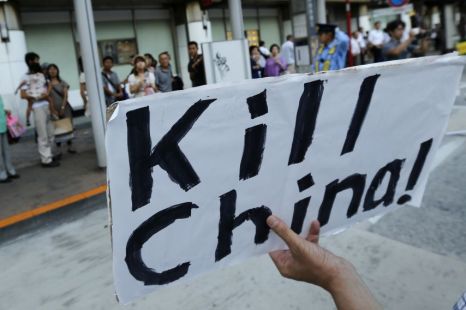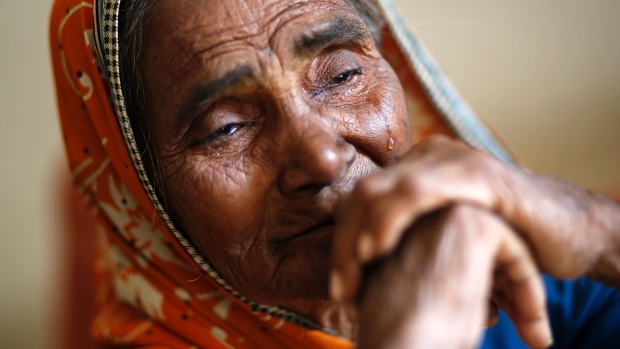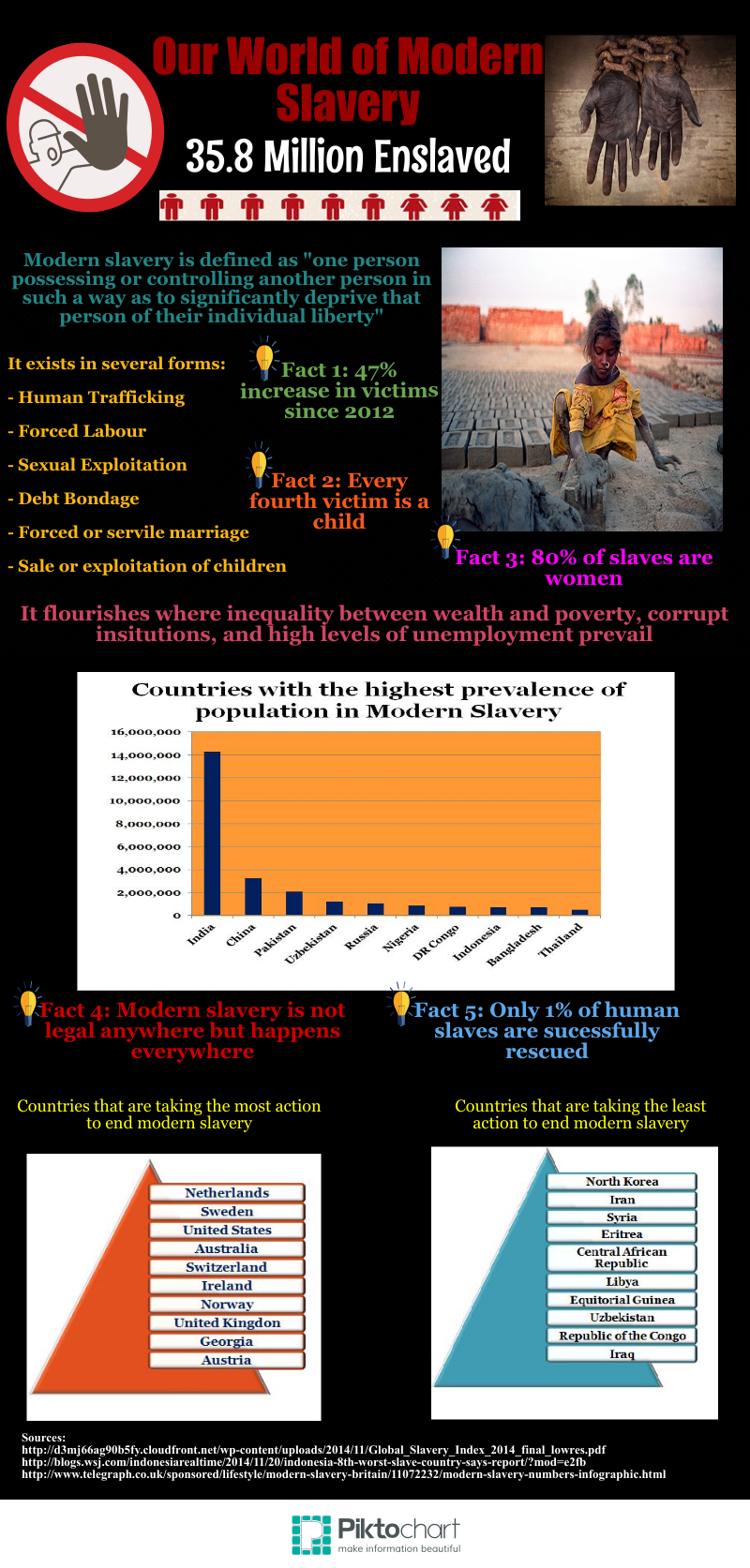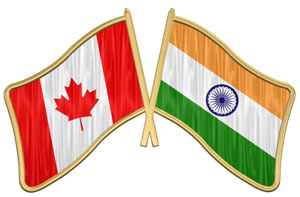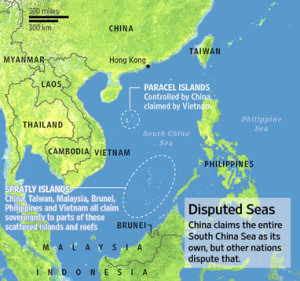
For the past several years, China has been trying to exert a legitimate presence in the South China Sea (SCS)—a marginal sea in the Pacific Ocean that is richly embedded with oil and natural gas reserves. The sea laps along the shores of China and its neighbours Vietnam, Malaysia, the Philippines, Brunei and Taiwan. Rising apprehensions about China’s ambition for power, and its intentions in the SCS have put it at odds with its regional neighbours, marring the sea with grave territorial disputes.
Earlier this year, when China began drilling an oil rig into the waters claimed by Vietnam, the later objected, which provoked an intense standoff in relations. A large increase in Chinese submarines, in addition to the drilling activities in the SCS has been at the centre of friction between Beijing and Hanoi. The two countries, albeit close in proximity, remain distant in their relationship, with Vietnam attempting to halt growing Chinese dominance in the volatile region.
A large increase in Chinese submarines, in addition to the drilling activities in the SCS has been at the centre of friction between Beijing and Hanoi.
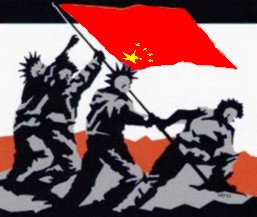
Meanwhile, another big player, India, is trying to halt Chinese ascendency in South Asia. India has its own complicated history with China, with border skirmishes in the Himalayas, and maritime difficulties in the Indian Ocean region. As a consequence, the Indian government has been aligning with Beijing’s neighbours and rivals to balance China’s regional ascent. The Indian Prime Minister, Narendra Modi’s policies to not only ‘Look East’ but also ‘Act East’ is a testament to this. The policies focus on consolidating India’s strategic engagement with South-east and East Asian countries to enhance its economic clout amidst China’s bolstered ambitions. To this end, India has courted Vietnam as a linchpin in its ‘Look East’ policies especially since it is attracted to the oil and energy resources of the SCS, thereby meeting its energy requirements. Vietnam has partnered with India, acknowledging the need for an Indian presence to create a balance in the region to confront China in the SCS.
To this end, India has courted Vietnam as a linchpin in its ‘Look East’ policies especially since it is attracted to the oil and energy resources of the SCS, thereby meeting its energy requirements.
On October 28, 2014, Nguyen Tan Dung, Prime Minister of Vietnam, concluded an agreement on economic cooperation with Narendra Modi. Under the pact, India will supply naval vessels to Vietnam, modernising the Vietnamese military defense to counter any Chinese incursions in the maritime area. Soon, India will operationalize a $100 million line of credit for Vietnam to acquire new naval vessels from India. The agreement, in turn, gives India the ability to carry out exploration activities of Vietnam’s energy resources in the disputed territory of the SCS. In his media statement, Modi highlighted that the India-Vietnam defense partnership was amongst India’s “most important ones,” adding that it will be expanded. Similarly, Vietnam’s Prime Minister, Dung stated that “Hanoi highly appreciates” India’s willingness to cooperate.
In his media statement, Modi highlighted that the India-Vietnam defense partnership was amongst India’s “most important ones,” adding that it will be expanded.
Unsurprisingly, the Chinese have made their displeasure clear about this economic partnership. Foreign Minister, Wang Yi, reacted by stating, “China has indisputable sovereignty over the Spratly Islands [a disputed area between Vietnam and China in the SCS] and its adjacent waters,” adding that China will not have a problem as long as India’s exploration activities are conducted in waters that are not disputed. However, Yi firmly posited that any illegitimate and unlawful activity (read cooperation) carried out that potentially undermines China’s sovereignty and interests will be vehemently opposed. Previously, as well, the Chinese have openly criticised India’s involvement in the Vietnamese oil and gas sectors, deeming activities off the Vietnam coast as illegal. However, despite the warnings, India has instantly accepted Vietnam’s proposal of energy exploration and development. Further, given India’s strong economic interests in the SCS, it seems almost certain that it will be unwilling to back off from its exploration activities despite China’s caution. The Indian foreign Minister retorted that India’s relationship with Vietnam was “not contingent on other countries.”
Previously, as well, the Chinese have openly criticised India’s involvement in the Vietnamese oil and gas sectors, deeming activities off the Vietnam coast as illegal.
Even though both India and Vietnam, currently, enjoy remarkable commercial ties with China, a standoff has appeared between the countries, with tensions continuing to simmer. Other regional neighbours in the SCS, such as Philippines and Indonesia have also joined the race in curtailing China’s growing sphere of influence. But analysts remain divided over the ability of these countries to match China’s assertiveness and power, with which it exploits energy resources in the disputed waters. Still, China must tread cautiously for it may not be long enough till its neighbours, collectively, beef up their maritime enforcement capacities and reverse the status quo. Sonia Hukil

